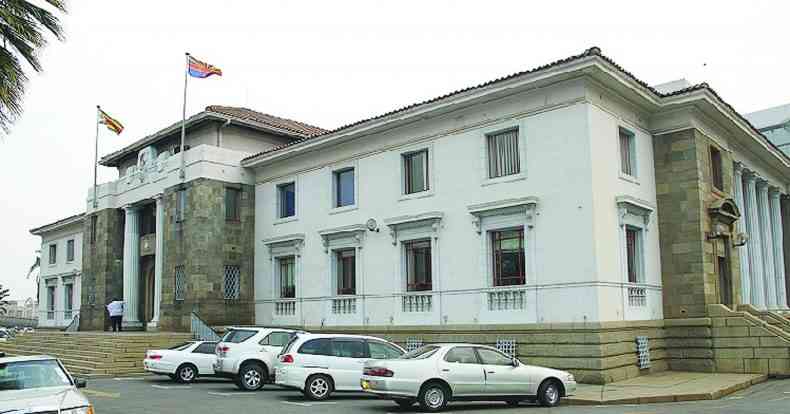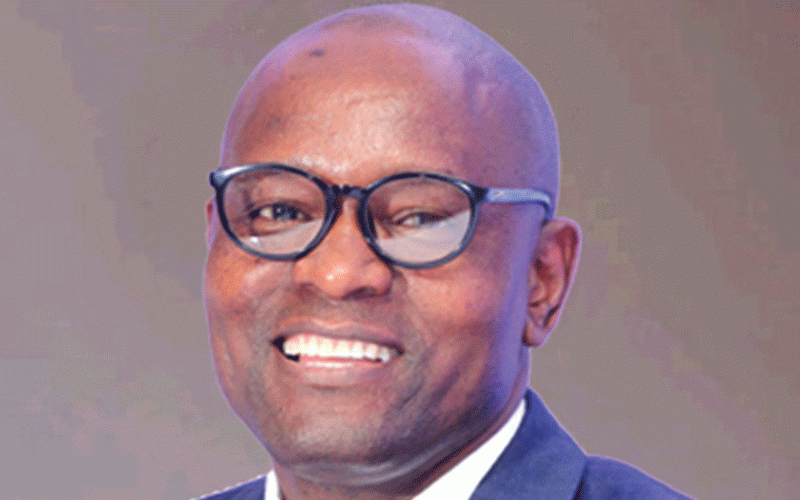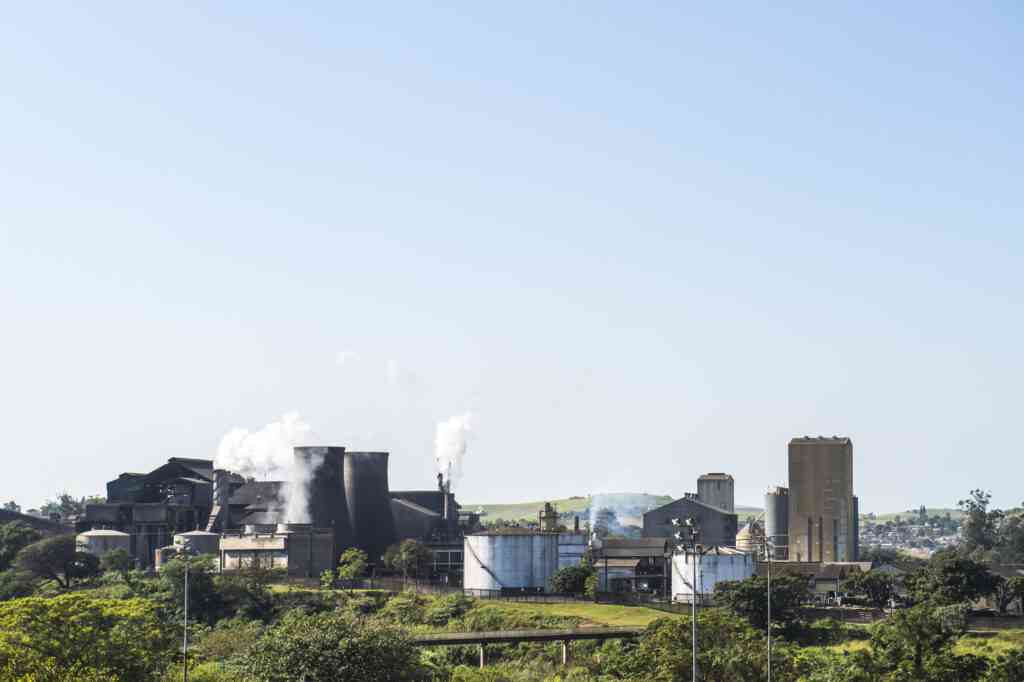A COMMISSION of inquiry looking into the Harare City Council affairs yesterday heard that the City of Harare was at sixes and sevens over
5 000 illegal residential stands, most of which were doled out in the run-up to past elections.
President Emmerson Mnangagwa in May appointed the Justice Maphios Cheda-led commission to investigate the financial affairs and operations of the Harare City Council dating back to 2017.
The commission said there was an alarming surge in land encroachments across various districts, revealing that 5 066 stands were being recommended for regularisation once the ministry approved their plans.
“In regards to ..., it is just a matter of pointing out that this settlement is not included in the report. Now, what those minutes depict is that there were stands which had been referred to the ministry for regularisation.
- Triangle retrenches as economy bites
- Caledonia in US$42 million capex drive for 2025
- Mukuru launches mobile wallet in Zim to bolster financial inclusion
- Economy heads for a bloodbath: Biti
- NBS completes Glaudina housing project ahead of schedule
“Then there were additional stands that were before the council which had not received any approval from the ministry,” Thabani Mpofu, one of the commissioners, said.
“The commission noted that scrutiny arose regarding specific areas, notably the HANA Pay Scheme in Budiriro, which was represented by a councillor. This area was notably absent from the original list submitted for regularisation, raising questions about council’s due diligence.”
Appearing before the commission, incarcerated Harare town clerk Hosiah Chisango, who is appearing before the commission accompanied by police officers, linked the surge in land invasions to a recurrent phenomenon in the lead-up to elections, suggesting a pattern of politically-motivated land grab.
“There was a pointed acknowledgement that similar spikes were observed prior to the 2018 and 2023 elections. There was heightened activity in land invasions towards the July elections,” he said.
“These stands were coming from different areas and I have to say, the checklist was always to say, wait for us to be able to recommend this to the ministry. Those stands were coming from councillors.
“That is why, as I said, we took a cut-off date to set a certain date. Before we go to the cut-off date, I am saying these stands were not on the list compiled by your officials, but they were just going on.”
The commission noted 349 co-operatives whose names have been regularised.













